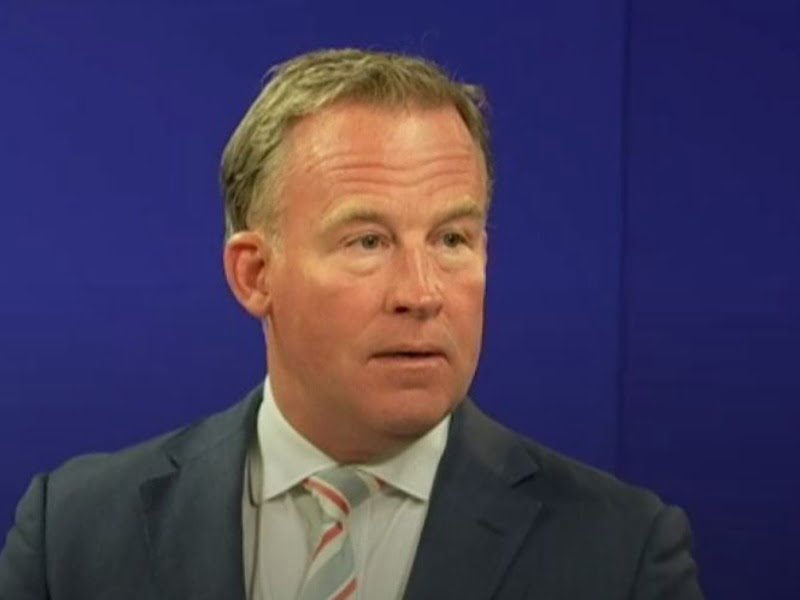Former Tasmanian premier Will Hodgman has been appointed to lead the federal government’s Business Growth Fund, despite legislation paving the way for the initiative not having yet passed through the Parliament.
Treasurer Josh Frydenberg announced the appointment of the fellow Liberal as chair of the Australian Business Growth Fund (BGF) on Wednesday, just three months after Mr Hodgman resigned as premier of Tasmania.
Mr Frydenberg said that Mr Hodgman’s “leadership and experience makes him the ideal candidate for the chair of the BGF”.

The government is now positioning the fund, which will provide patient capital to Australian SMEs, as a key element of its COVID-19 pandemic recovery plan. The Commonwealth will stump up $100 million for the fund, with each of the big four banks to provide the same amount.
HSBC and Macquarie Group will also contribute $20 million.
Legislation allowing the government to invest the $100 million is still before the Senate, and won’t be passed until at least August, when Parliament is slated to sit again. There had been plans to get the fund up and running by the start of the next financial year.
The BGF is to make investments of between $5 million and $15 million in businesses with annual revenue of $2 million to $100 million along with three years of revenue growth and profitability. It will take equity stakes of between 10 to 40 percent in each company.
The would assist Australian businesses recover from the COVID-19 pandemic, Mr Frydenberg said.
“The BGF will ensure that SMEs have access to the capital they need to grow, fulfil their potential and continue to underpin Australian economic growth and employment. Given the impact of the coronavirus on the Australian economy, the BGF will play an important role in supporting the recovery and investing in Australian businesses to create jobs and increase productivity,” Mr Frydenberg said.
Mr Hodgman said similar funds have been proven to help countries emerge from major crises.
“The UK version, which has proven to be very successful since its inception in 2011, came out of the global financial crisis so it’s a good model to apply here,” Mr Hodgman told The Mercury newspaper in Hobart.
“It won’t be a full-time job, but I’ll be giving it 100 per cent. Coming from a state that’s predominantly a small business state, I certainly understand the power of the small business sector to drive our economy and as we enter into recovery, this fund will play a very important role in that.”
Legislation facilitating the fund will easily pass the Senate once it sits again, with the bill receiving the green light in a bipartisan report earlier this year.
The process wasn’t without controversy though, with Greens senator Peter Whish-Wilson labelling the concept a “con” that will “further entrench the market power of the major banks. He also slammed the “ridiculously short” senate inquiry.
Crossbench senator Rex Patrick also said the BGF “comes with concern” and that the Senate should not be voting on it until its investment mandate and governance arrangements are made public.
He also argued that the Commonwealth should not contribute any money to it.
Labor has successfully moved an amendment to the legislation in the senate requiring a more thorough review of the BGF once it is up and running.
The review will look at the effectiveness of the fund’s equity investment, the impact of it on the availability of capital and competition, and the powers of the Commonwealth in relation to its governance arrangements.
Do you know more? Contact James Riley via Email.

